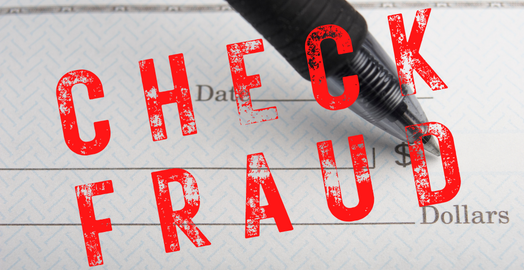Investment Implications of the Russian Invasion of Ukraine

My uncle updated his Facebook status yesterday with something that I think many people are feeling right now with yesterday’s Russian invasion of Ukraine on the tail end of an unprecedented global pandemic. It said, “I am tired of witnessing once-in-a-lifetime historical events.” When you think about it, we have, in our lifetimes, borne witness to some of the most unprecedented events in history…from the novel Coronavirus pandemic to the Russian invasion of Ukraine, from record stock market highs to unimaginable advancements in technology. Through it all, one thing remains constant…that we were here to witness it together.
As the Sound Wealth Management advisory team is always actively working to stay informed on all events that will impact our clients’ portfolios, I had the opportunity, yesterday afternoon, to be on an economic update call with JPMorgan Chief Global Strategist, Dr. David Kelly during which Dr. Kelly shared his insight on the global investment implications of the Russian invasion of Ukraine. I would like to share with you a few of the key takeaways from Dr. Kelly’s discussion. As your trusted advisors, our job is to try to make sense of these events in terms of how they impact investments.
Firstly, there are a couple of items to note on the substantial financial sanctions that are being imposed, particularly on the potential sanctions – specifically removing Russia from SWFT – that were purposely omitted leaving many people are wondering why. Removing Russia from SWFT, which, for those that don’t know, is a global system allowing for the exchange of money between countries for import/export will ultimately stop gas supply from most of Western Europe. This is important for Western Europe to keep as they do not have energy independence nor oil reserves.
As can be evidenced by the stabilization that we saw in the markets by the close of the US trading day yesterday, markets are sniffing out the most logical next step which will likely be some sort of negotiation. This being the case, global commodity prices are unlikely to continue to soar, and money won’t need to flood into the US if energy supply isn’t disrupted.
How does this situation affect fiscal/monetary policy? It could, potentially, be a hit to consumer confidence. Additionally, it could increase the possibility of additional fiscal stimulus, although most likely not in the form of corporate tax breaks. Further, we can expect to see 3 rate hikes of 25 bps each from Fed early in the year.
Moving along to the potential impact to the US economy. JPMorgan estimates that, for the first quarter of 2022, we will end with 1-2% GDP growth. Americans are known to spend money to soothe their nerves, so we don’t anticipate consumer spending to slow. However, employers may slow hiring, but expect that there will continue to be more jobs available than workers to fill them. For the second quarter, expect 5% GDP growth. The bottom line: we may still see some increased inflation, but the economy will gradually move past this.
To address the investment implications of this situation, we must first remember that there are always unpredictable shocks to the market, and the best defense to take to this is to be broadly diversified. We do, however, have a few short and long-term expectations for the market particularly as it relates to the consumption of energy. If this situation has taught us anything, it has proven the world-wide importance of energy independence, particularly in Western Europe. As this is a long-term issue to solve, for the short-term solution, we expect a greater investment in US oil. Long-term, expect great investments into alternative energy sources globally. Oil prices will include a “risk premium” in the near future, so expect them to stay on the high side near-term, however, the price of oil should not cause a recession in the US as, since 2020, we have been a net exporter of oil with gas making up less than 3% of consumer spending.
When it comes to hedging risk in your portfolio, one of the things that you need to take into consideration is what it is that you are trying to hedge against. In the current environment, there are several potential risks including inflation, market risk, more drastic actions by Russia and many more. Rather than hedging a specific risk, your best defensive action here is to diversify your portfolio broadly against a variety of risks. When doing this, however, you should be sure to take a careful look at market valuations versus actual economic values and beware of highly speculative assets.
For a more in-depth discussion as to how this specifically impacts your portfolio and investment needs, please feel welcome to contact our advisory team at 941.932.4822 or schedule your no obligation consultation online at www.soundwealth.net where Sound Wealth Management is more than just our name.
This material is for general information only and is not intended to provide specific advice or recommendations for any individual. There is no assurance that the views or strategies discussed are suitable for all investors or will yield positive outcomes. Investing involves risks including possible loss of principal.
There is no guarantee that a diversified portfolio will enhance overall returns or outperform a non-diversified portfolio. Diversification does not protect against market risk.
The economic forecasts set forth in this material may not develop as predicted and there can be no guarantee that strategies promoted will be successful.
Securities and advisory services offered through LPL Financial, a registered investment advisor, Member FINRA/SIPC.










